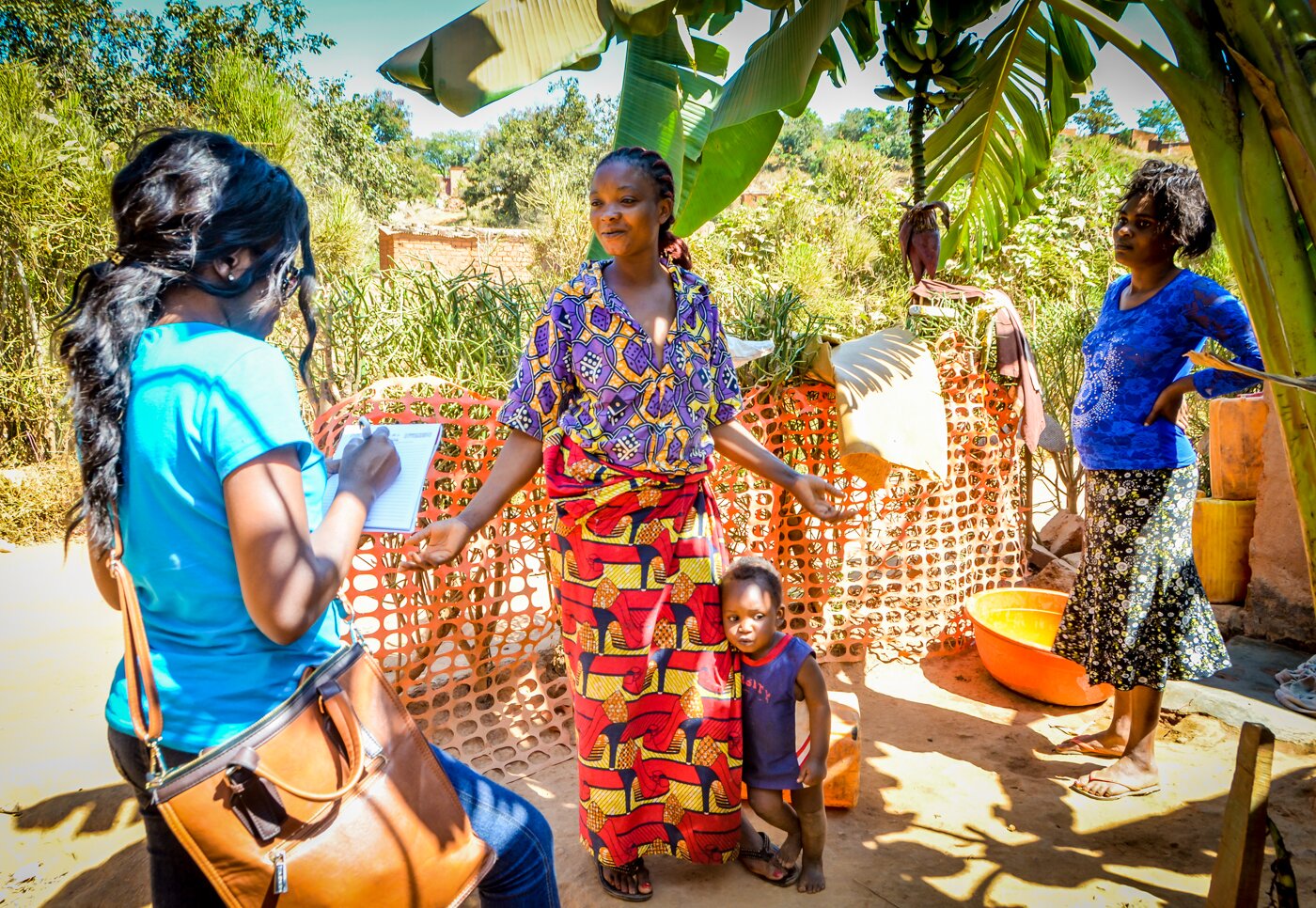The quest to power sub-Saharan Africa
Two-thirds of the people living in the region don’t have access to electricity. This reporting series explores what’s being done to try to change that.

As soon as reporter Gabrielle Nina Mitch began her reporting trip, the lights went out. “No one had any idea when power would be restored, so I had to turn off my computer in order to conserve the battery, and power my phone from the computer,” she says.
Mitch was travelling in the Democratic Republic of Congo’s southern mining region — an area where natural resources are abundant but electricity is scarce — to report on the connections between mining companies and local energy production. She is one of five journalists investigating energy poverty and potential solutions in sub-Saharan Africa for this year’s Access to Energy Journalism Fellowship.
Why sub-Saharan Africa? More than 620 million people there live without electricity — it’s the most energy-poor region in the world. But it’s also a place where a lot of innovation is happening. In the past decade, sub-Saharan Africa’s economy has expanded rapidly and energy use has risen by 45 per cent. Fast-forward to 2040: almost one billion people are projected to gain access to energy across the region. At the same time, the population is increasing. If solutions aren’t found, 530 million people are expected to be without electricity access by 2040, especially those living in the region’s rural areas.
Without power, a lot of things suffer, from access to clean water, to sanitation, health care, lighting, heating, cooking, power, phone communications and economic activity. The United Nations’ seventh Sustainable Development Goal (SDG) is to ensure that “reliable, affordable, sustainable and modern energy” is available to all by 2030.
Access to energy is often considered a basic human right. So how are the range of countries in sub-Saharan Africa going to generate power? This is what reporters from across the region investigated through Power Struggle, a collaborative journalism project aimed at understanding how people are grappling with access to energy in our time of climate change.
In his quest to understand if a massive hydro project can solve Togo and Benin’s energy poverty, reporter Kossi Elom Balao met people whose power had been out for over a month. “I lose money to feed my family because of the lack of power,” Tonin Emmanuel, an engineering office manager in central Togo, told him. Emmanuel is hopeful that the controversial Adjarala Dam project will solve his energy problems.
In rural Zimbabwe, reporter Sally Nyakanyanga heard about what it’s like for women to give birth without access to energy. By looking at a community clinic where a small-scale solar project is providing light, she explores what’s needed to make these projects sustainable.

In Nigeria, Adelana Olajide wanted to find out if the entire country’s energy gap could be filled by generating power from waste. He visited the vibrant Ikosi fruit market in Lagos where at one time fruit scraps were being turned into power. “Waste is money,” local waste converter Ajani Ojo told him. Ojo thinks converting waste to energy will help solve Nigeria’s energy crisis and wants to resuscitate the project.
And what about Canada’s connection to all of this? South African-Canadian reporter Richard Poplak investigated Canada’s complicated connection to the privatization of the energy grid in Nigeria.
In many respects, the subtext of these five stories is as interesting as the stories themselves: how to report on energy poverty while also experiencing it. However meta this may seem on paper, it’s no fun to experience. How does one charge a cell phone to call sources and make plans? How does one ensure that a laptop battery has enough juice to file a story? Simple issues like grabbing dinner in an unfamiliar town, or calling for a taxi, become challenges that impact even the most basic reporting assignments.
We will be publishing our fellows' accounts of reporting on energy in places that don’t have much of it in the coming weeks. Follow along on our Facebook page or on Twitter. Would you like to collaborate with us? We’d love to hear from you. Send us an email at .
This story was copy edited by Jonathan von Ofenheim. The data interactive was created by Caitlin Havlak. Discourse Media’s executive editor is Rachel Nixon.
